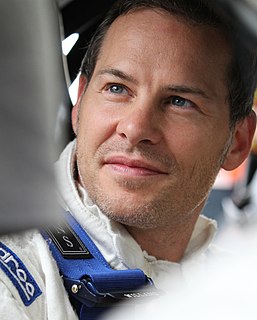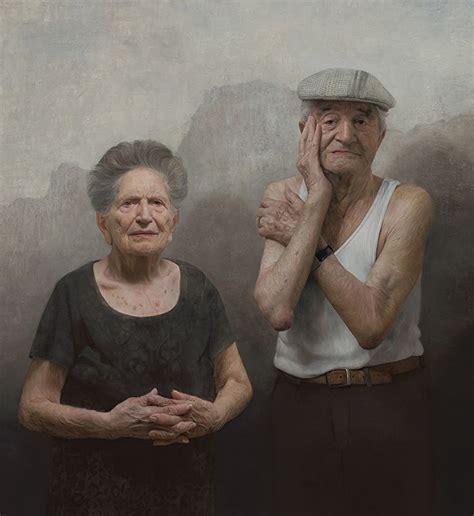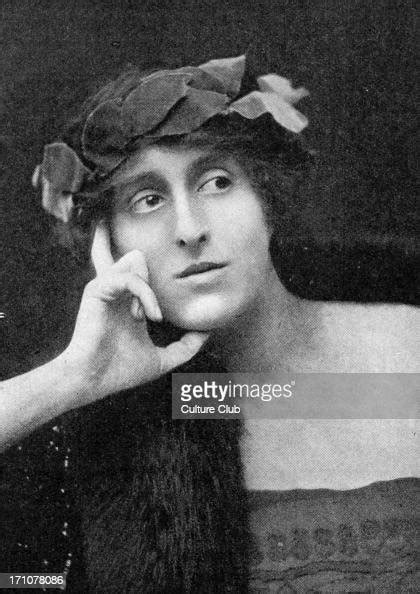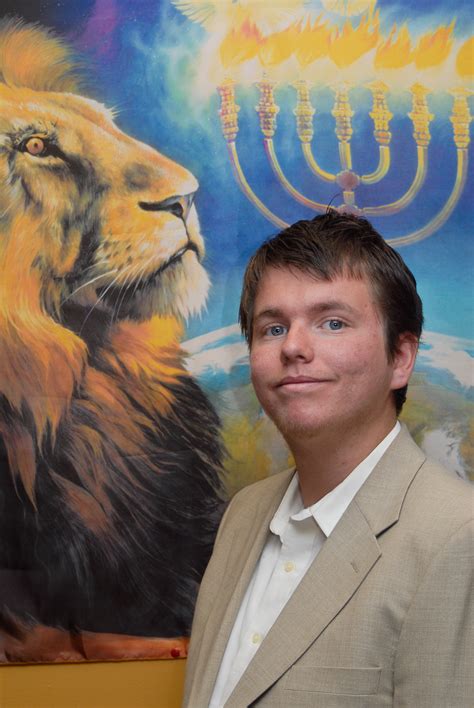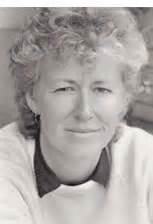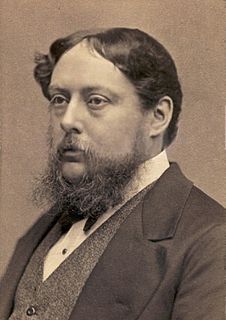A Quote by Anne Tyler
None of my own experiences ever finds its way into my work. However, the stages of my life - motherhood, middle age, etc. - often influence my subject matter.
Related Quotes
I understand all the work to be of a nonabstract nature regardless of the style, form, or explicit subject matter because all the work... is concerned with evoking experiences that are in themselves - and their relationship to you, the viewer - the ultimate subject and content of the work. I want to equate the experience of the work with its meaning.
Liberals tend to understand that a person can be lucky or unlucky in all matters relevant to his success. Conservatives, however, often make a religious fetish of individualism. Many seem to have absolutely no awareness of how fortunate one must be to succeed at anything in life, no matter how hard one works. One must be lucky to be able to work. One must be lucky to be intelligent, physically healthy, and not bankrupted in middle age by the illness of a spouse.
I want my paintings to give the viewer a true sense of reality - that includes but is not limited to depth, scale and a tactile surface as well as the real sense of what the subject looks like and is feeling at the time that I painted them. There should be a discourse between the viewer and the subject, to feel as though they are in a way connected. My goal is not to set a narrative but rather to have the viewer bring their own experiences to the painting and the subject as they would if they had seen the subject on the street in real life.
It is what makes conscious of the conditions and laws of observing which applied in this manner become a theme on its own. The activity of consciousness depending on the way the work itself proceeds, becomes the subject of my attention this way and it is precisely because of this voyeuristic attitude toward the own observation and experience of the subject that the conscious analytic dimension in the work shows.
I’ve always believed that as an author, I do 50% of the work of storytelling, and the reader does the other 50%. There’s no way I can control the story you tell yourself from my book. Your own experiences, preferences, prejudices, mood at the moment, current events in your life, needs and wants influence how you read my every word.
. . . What role does historiography play in the way a society and culture "remembers" past events? Does the historian have a moral or civic responsibility to this project of memory that ought to influence the way he or she engages in historical practice? Should moral concerns influence the historian's choice of subject matter, of issues to discuss, of evidence to use?
The fact is that writing, like any creative undertaking, carries with it both pain and great joy. The pain is often inherent in the most fertile subject matter; the joy lies in transforming that subject matter and thus moving through it in a way that helps us grow while we create something of value to others.
From youth to middle, and often to past middle, age, most men are apt to be too closely engaged in the struggle of life to pay due attention to the strength of the body. They may take daily what they consider a sufficient amount of exercise; but the exercise is not calculated to keep the various limbs and muscles, still less the internal organs, in proper working order. Amid the ordinary concerns of life the man may appear strong, even stalwart. But when occasion arises for some special muscular exercise, or taxing the action of some organ, he finds out his weakness.





